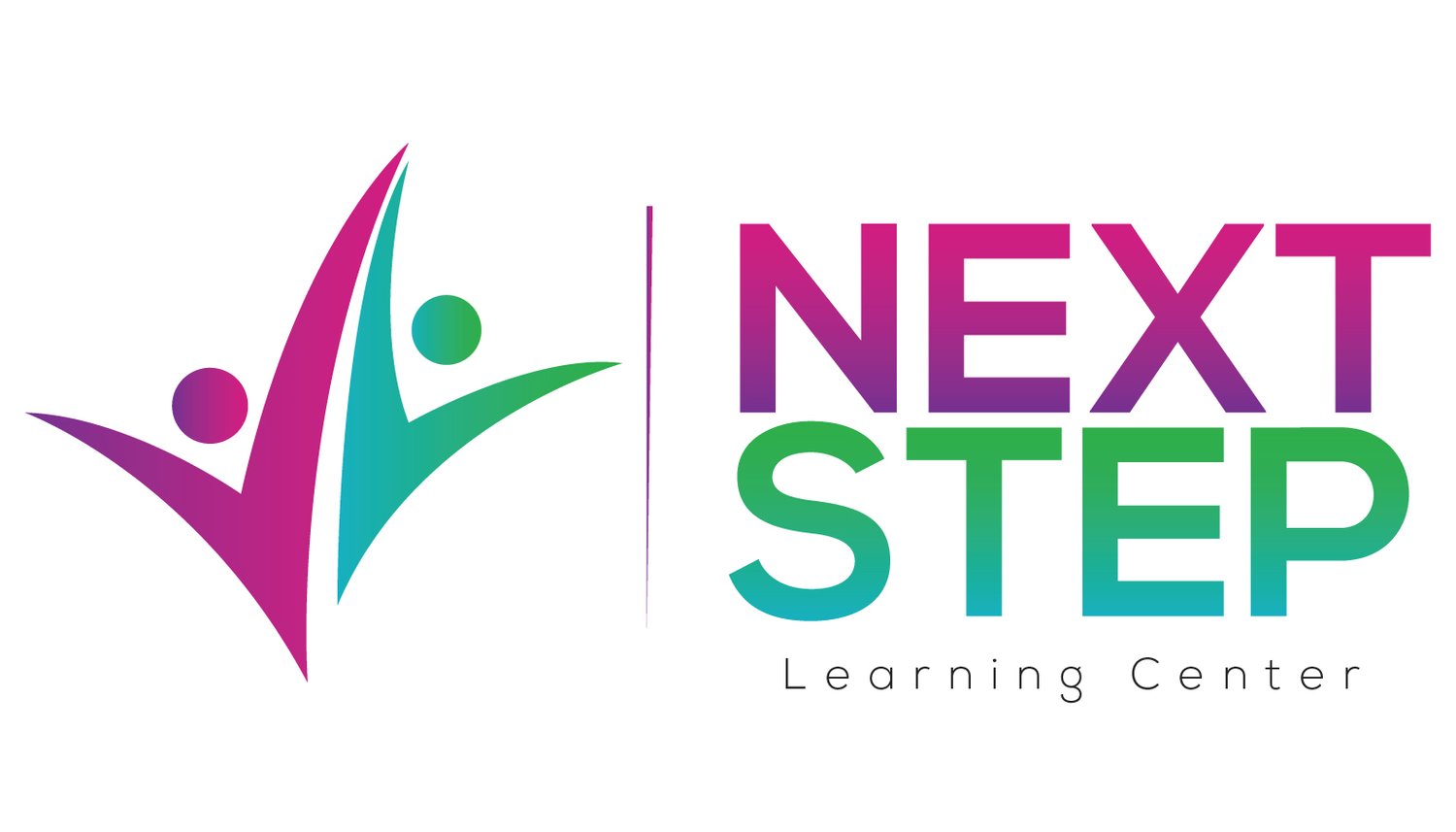At Next Step Learning, we place a high value on the Socratic method when working with students. The Socratic method is derived from the teachings of the Greek philosophers, Plato and Socrates. The method places greater importance on learning in the form of a conversation, rather than a lecture or a strict lesson. We believe that asking leading questions is the best way to stimulate students to think critically and become more familiar with the concepts in front of them. In order to make reading and writing unconscious and easy processes, we must first bring the fundamental concepts of symbol imagery and phonemic awareness to the child’s consciousness. We believe that the Socratic method is a highly effective way to accomplish this goal. During our sessions with students, we achieve this through constant repetition and our unique approach to error-handling.
Whenever a student makes an error, our first response is never to point out the problem or error to them. Instead, we focus on asking the students probing questions so they can realize their own errors. For example, when a student misreads a word on a syllable card, instead of saying “That’s incorrect, try again,” we carefully guide the student by asking questions to help them recall what they know and realize their error. For example, if the card was CUT but they read it as CAT, we would ask, “What was the second letter in cat?” The student can then recall that part of the word, and check it against their picture of the syllable card. They are able to correct the error themselves when they see if the image in their mind matches the card. Through this process, they can internalize the correct way of thinking and become independent in monitoring and correcting their own errors. We only give the student direct answers if they are truly unable to come up with it on their own. Additionally, this process helps us to understand how the student thinks and responds to the questions before them. The Socratic method is one of many highly effective tools that we employ here at Next Step to make sure our students become proficient readers.
This post was written by Stephen Magill.

